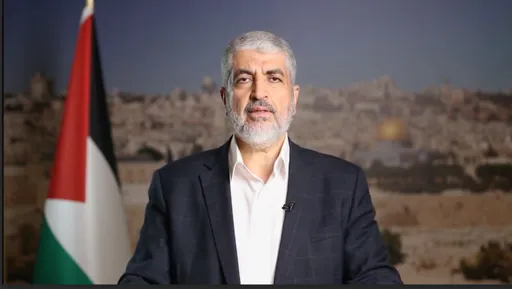While the international community is busy following the Russian interference in the US, elsewhere in the world ‘legitimised’ political interference is running rampant.
In an unprecedented move, the international community met in Paris early April to provide finance for Lebanon in what is now known as CEDRE I conference – a rebranded version of previous Paris I, II, and III conferences.
Around four weeks before the Lebanese elections, scheduled for May 6, some 50 countries participated in a conference that pledged more than $11 billion in support to the Lebanese government.
The government had a perfect pitch: we have a refugee crisis; since you do not want our refugees; give us money now. The issue at hand is not whether Lebanon should be given yet another loan, but rather the timing of this conference.
The term ‘refugee crisis’ has been used by many incumbents in recent months as electoral snot. At the heart of the matter, had the government been effective in designing policies and implementing them, these refugees could have become an asset rather than a burden.
So, what crisis is this?
Indeed, the crisis is for the refugees themselves who were forced out of their homes and into Lebanon - and the other is the governance crisis in the state of Lebanon.
Lebanon is plagued with a corruption crisis, ranking 143 out of 175 in terms of corruption according to Transparency International. Until recently, Lebanon had not passed a budget bill for nearly a decade and enjoys a public debt among the highest in the world, reaching around 150 percent of GDP.
Given the growth of the economy (or lack thereof), the crippled infrastructure, and poor service delivery, it is clear that some investment (whether sourced from international finance or domestic reform – preferably the latter) is certainly needed.
The only real and sustainable solution is to plug the leakages in the corrupt system from tax collection to revenues from ports and airports, by reforming public procurement processes, and reducing waste in the energy sector as well as every other public entity.
Resorting to international finance only contributes to increasing the public debt. Other countries have gone through this process of reform and are reaping the results. So why can’t Lebanon?
Elections are seen by many as an exercise in democracy and sovereignty, so foreign interference and the misuse of international aid and credit can pose an austere threat to democracy.
So, why now?
The hypothesis here is ‘legitimised’ political interference. Indeed, some studies suggest that incumbents in governments of low and middle income countries often refuse channelling foreign aid through NGOs, as they perceive them to be political opponents.
While civil society groups are named and shamed for allegedly receiving foreign financial support, the state actors are receiving said aid under the legal umbrella of international finance.
Internationally, some foreign aid is channelled through NGOs. If donors are sincere about their claims of supporting the people of Lebanon and the Syrian refugees, why weren’t these gifts and loans channelled through non-state, non-partisan, and transparent (but national) actors?
A recent study suggests that elections can create incentives for the misuse of foreign aid and “governments have consistently influenced the aid allocation process in favour of copartisan and coethnic voters”. In fact, allegations have already been made – less than a week after CEDRE I – that public funds are being spent in ways that can be construed as electoral spending and propaganda.
Of course, the international community is already aware of this. The CEO of the World Bank, Kristalina Georgieva, suggested that the government has shown signs of remorse through passing a budget bill. A recording of an alleged IMF auditor was leaked earlier this month where he resembled Lebanon to an alcoholic who promises to get sober and a state that is plagued with the corruption cancer.
Consequently, donors are faced with a predicament: either to monitor and directly allocate funds to projects, which undermines the role of the Lebanese state, or to face the very likelihood that these funds may lose their way within the corrupt vaults of the Lebanese government.
Indeed, effective May 7 the current cabinet is considered dissolved, and a different – yet probably similar – government will decide how to spend this new line of credit. In light of this knowledge, why is the international community it enabling this corrupt regime and reinstating their power in Lebanon?
This is not a conspiracy theory, it is merely a critical reading of the facts.
These elections and the next four years are the country’s only remaining glimpse of hope. Whether new actors or the incumbents win the race, it doesn’t matter. What matters is to rejuvenate the institutions and allow a transparent accountability mechanism through the elections, enabling the country to stand on its own two feet.
The timing of CEDRE I showed that this form of foreign aid departed from its historical purpose of focusing exclusively on socioeconomic challenges, to giving the incumbents an edge against potential entrants into the political scene.
So, a simple question begs itself: could CEDRE I not have waited for a new government to form?























